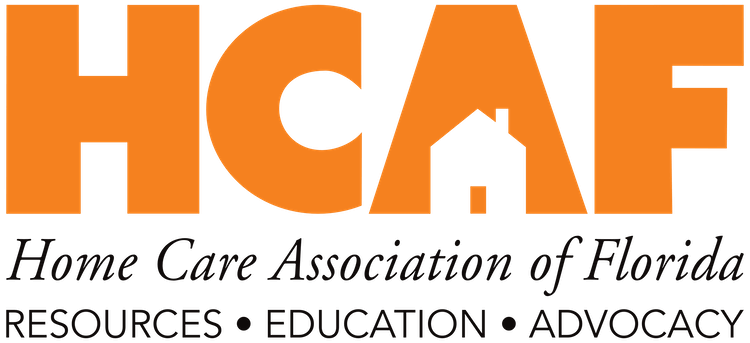GUIDE Model Offers Strategic Advantages for Home Health Agencies in Dementia Care

GUIDE Model Offers Strategic Advantages for Home Health Agencies in Dementia Care
On July 1, 2024, the Centers for Medicare & Medicaid Services (CMS) launched the Guiding an Improved Dementia Experience (GUIDE) Model, a groundbreaking initiative aimed at transforming dementia care across the United States. This eight-year, voluntary program is designed to provide comprehensive, coordinated care that enhances the quality of life for individuals with dementia while easing the burden on their unpaid caregivers.
The GUIDE Model is a key component of the Biden Administration’s broader efforts to expand access to high-quality care, aligning with the April 2023 Executive Order focused on increasing access to care and supporting caregivers. Developed by the CMS Innovation Center, the GUIDE Model promotes a standardized, person-centered approach to dementia care, building on previous research and supporting the goals of the National Plan to Address Alzheimer’s Disease.
Participants in the GUIDE Model include Medicare Part B-enrolled providers and suppliers who will establish dementia care programs (DCPs) to deliver continuous, comprehensive care and support for people with dementia through an interdisciplinary team approach. As of July 2024, nearly 400 organizations nationwide are participating in the GUIDE Model, including 34 providers based in Florida.
The GUIDE Model is structured into two tracks:
- Established Programs: The 96 organizations in the established track, including 11 in Florida, began delivering services immediately due to their prior experience in dementia care.
- New Programs: The 294 organizations in the new track, including 23 in Florida, are in a one-year pre-implementation phase with CMS support. These organizations will begin delivering services on July 1, 2025.
Strategic Benefits for Home Health Agencies
Home health agencies participating in the GUIDE Model can benefit in several strategic ways:
- Enhanced Care Coordination and Management: The GUIDE Model provides Medicare payments to support the expansion of DCPs, enabling agencies to deliver more effective care coordination and management. This is crucial for reducing unnecessary hospitalizations and delaying the need for long-term nursing home care.
- Collaborative Partnerships: The GUIDE Model encourages agencies to form partnerships with other health care providers, community organizations, and respite care providers. These collaborations help agencies meet comprehensive care requirements and tailor services to individual needs.
- Focus on Health Equity: The GUIDE Model addresses health disparities in dementia care, particularly among underserved populations. Approximately 32% of DCPs will operate in rural or urban areas with low socio-economic status. Participants are required to implement health equity plans, identify disparities, and set measurable goals to reduce them over time.
Home health agencies participating in the GUIDE Model are already recognizing its long-term value. In a recent interview with Home Health Care News, a participating agency’s chief operating officer remarked, “GUIDE allows us to provide a care coordinator and resources that otherwise wouldn’t exist to support families and individuals living with dementia. This is a long-term commitment and a really good move by CMS to invest in this and give companies like us the opportunity to demonstrate that there is a better way to care for the millions of people in the U.S. living with dementia.”
For more information about the GUIDE Model and how your agency can participate, visit the CMS GUIDE Model webpage or email the team at GUIDEModelTeam@cms.hhs.gov. To stay informed, click here to sign up for updates.
Related:
